Microsoft Ignite 2023 is one of the biggest events for IT professionals, developers, and business leaders who want to learn about the latest innovations in AI, cloud, security, and more. This year, Microsoft Ignite took place both online and in-person in Seattle, Washington, from November 14 to 17, 2023. Here In this article ahead, I have covered top announcements from conferences that stole the spotlight during the event.
Table of Contents
Microsoft Ignite 2023: AI at the Forefront
AI was the undeniable theme of the conference, permeating every keynote, session, and demo. Microsoft emphasized its vision of an AI-powered future, where AI seamlessly integrates into our lives, enhancing productivity, creativity, and decision-making.
Microsoft also highlighted its commitment to responsible AI development and deployment, emphasizing the importance of fairness, transparency, and accountability in AI systems. The company showcased its efforts to address potential biases and ensure that AI solutions are used in an ethical and responsible manner.
Also Read :: Microsoft Kosmos 2: A Multimodal Large Language Model
1. Microsoft Launches Its Own Chipset For Enterprise AI: ‘Maia’ and ‘Cobalt’
Microsoft has announced Azure Maia 100 and Azure Cobalt 100, two new in-house chips for enterprises, as part of its efforts to bolster its computing infrastructure strategy. The chips, which are on display at Microsoft Ignite 2023, the tech giant’s largest annual worldwide conference, this week in Seattle, give businesses effective, scalable, and sustainable computing to benefit from the newest cloud and artificial intelligence developments.
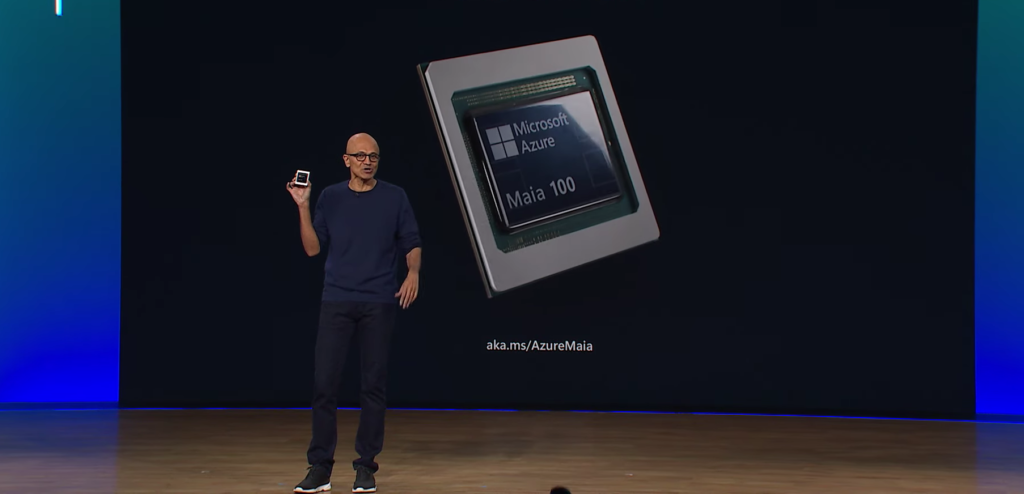
Microsoft claims that it completes the picture of its goal of providing adaptable infrastructure systems that can be tailored to meet various workload requirements. These systems can include hardware and software supplied by partners as well as hardware and software from Microsoft.
According to the company, Maia is an AI accelerator, made to handle workloads including generative AI by running cloud-based training and inference. On the other hand, the Arm-based Cobalt processor is made to perform exceptionally well on general-purpose tasks. Next year, both products will be integrated into Azure, with Microsoft’s own data centres powering the Copilot and Azure OpenAI services at first.
More significantly, because both processors were created internally, Microsoft will install them on specially designed server boards that are set up in racks that are sized to fit perfectly inside the company’s current data centers. The company has also created “sidekicks” for the Maia rack that send cold liquid to the chip’s cold plates, preventing the chip from heating up in scenarios involving high power use.
2. Microsoft Introduces Mirroring: A Streamlined Approach to Database Replication
In a significant advancement for data management, Microsoft has unveiled “Mirroring,” a groundbreaking feature that streamlines the replication of external databases into its Microsoft Fabric platform. This innovative capability empowers enterprise customers to effortlessly manage and utilize data from diverse sources, even those with proprietary data formats.
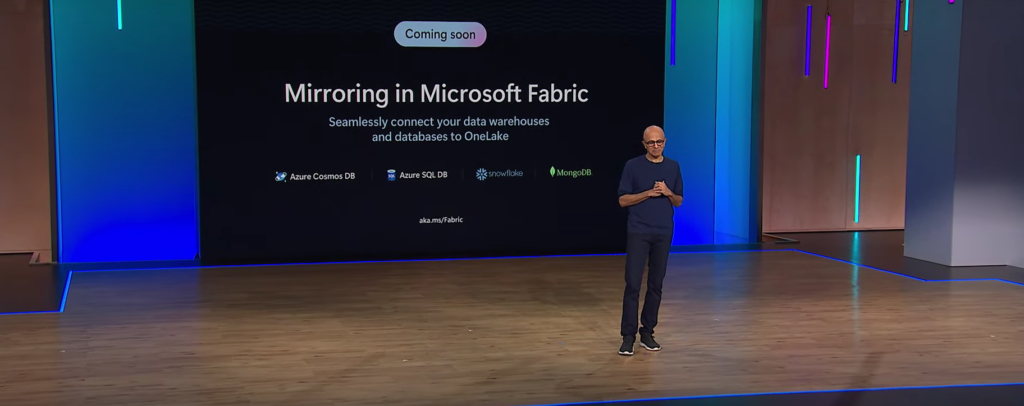
Simplifying Data Consolidation and Cost Savings
Mirroring eliminates the complexities associated with data consolidation, enabling seamless integration of data from various databases and data warehouses into Microsoft Fabric’s data warehousing experience. This centralized approach simplifies data analysis and decision-making, while simultaneously reducing operational costs.
Real-Time Data Access and Insights
Mirroring enables real-time access to data changes, ensuring that users always have the most up-to-date information at their fingertips. This real-time data availability empowers businesses to make informed decisions with greater agility and responsiveness.
Expanding Data Source Compatibility
Microsoft has initially rolled out Mirroring support for Azure Cosmos DB, Azure SQL DB, Snowflake, and MongoDB, with plans to expand compatibility to additional data sources in 2024. This expanding range of supported data sources further enhances the versatility of Microsoft Fabric.
Also Read :: Conversational AI: Everything You Need To Know
3. Nvidia Launches AI Foundry Service for Microsoft Azure
A new service from Nvidia will help enterprises and startups build custom generative AI applications on Microsoft Azure.
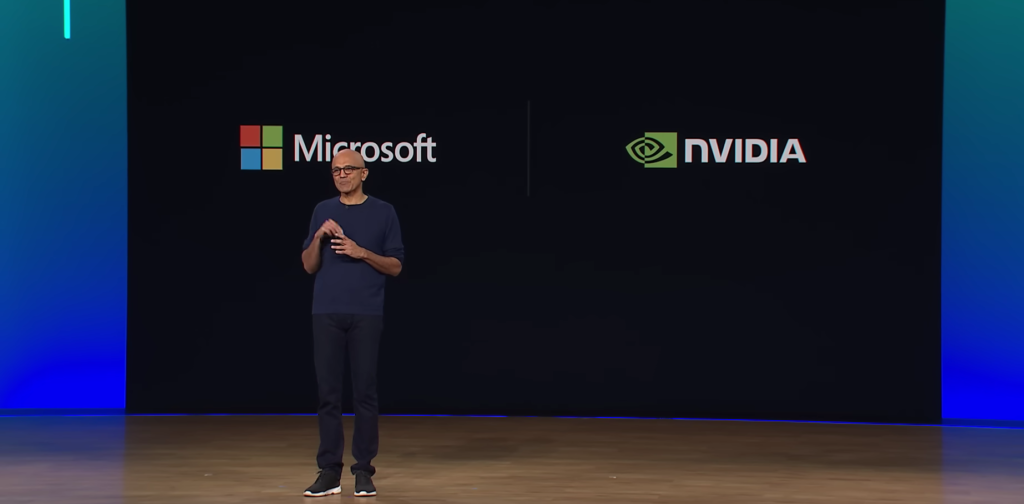
Nvidia has announced a new AI foundry service that will help enterprises and startups build custom generative AI applications on Microsoft Azure. The service is designed to make it easier for developers to train and deploy large language models (LLMs) without having to invest in their own infrastructure.
The AI foundry service includes three key components:
- NVIDIA AI Foundation Models: These are pre-trained LLMs that can be used as a starting point for building custom applications. The Nemotron-3 8B models are the newest members of the NVIDIA AI Foundation Models family.
- The NVIDIA NeMo framework and tools: These tools make it easy to train and fine-tune LLMs.
- NVIDIA DGX Cloud AI supercomputing services: These services provide access to powerful GPUs that can be used to train and run LLMs.
The AI foundry service is available now on Microsoft Azure.
4. Microsoft Announces Expanded Copilot Capabilities for Sales and Service
Microsoft announced a suite of new AI-powered Copilot features aimed at boosting sales productivity and improving customer service experiences across organizations. The new features were unveiled at the Microsoft Ignite conference, which is taking place this week in Seattle.
The new Sales Copilot features include:
- AI-powered insights: Copilot can now provide sales reps with AI-powered insights into their customer data, such as their past purchases, interests, and potential buying signals.
- Personalized recommendations: Copilot can now provide sales reps with personalized recommendations for the next steps in their sales interactions, such as what to say next or what offer to make.
- Automated tasks: Copilot can now automate tasks for sales reps, such as scheduling follow-ups and sending emails.
Microsoft also announced that it is making Sales Copilot available in more languages, including French, German, Spanish, and Japanese.
Here are some additional details about the new Copilot features:
- Sales Copilot
- The AI-powered insights feature is powered by Microsoft Azure Machine Learning.
- The personalized recommendations feature is powered by Microsoft Azure Cognitive Services.
- The automated tasks feature is powered by Microsoft Azure Robotics.
- Service Copilot
- The real-time support feature is powered by Microsoft Azure Speech Services.
- The automated workflow feature is powered by Microsoft Azure Logic Apps.
- The personalized customer interactions feature is powered by Microsoft Azure Cognitive Services.
5. Microsoft Unveiled New Data Security and Compliance Capabilities In Microsoft Purview
In a significant move towards enhancing data security and compliance in the realm of artificial intelligence (AI), Microsoft has announced a series of upgrades to its Microsoft Purview platform. These enhancements aim to provide organizations with comprehensive protection for sensitive data used in generative AI systems, such as Microsoft Copilot.
Key Highlights of the Purview Upgrades
- Visibility into Copilot Usage and Risks: A new AI hub within Purview will provide administrators with detailed visibility into Copilot usage across the organization. This will allow them to identify which employees are interacting with the AI, assess potential risks associated with its usage, and make informed decisions regarding access control.
- Sensitive Data Protection in Copilot Prompts and Responses: Microsoft is introducing new capabilities to safeguard sensitive data in both prompts and responses generated by Copilot. Sensitive data will be automatically classified and blocked from being input into Copilot based on user risk profiles. Additionally, output from the AI will inherit protective labels from the source data, ensuring that sensitive information remains secure.
- Compliance Controls for LLM Usage: To address compliance requirements, Microsoft is introducing comprehensive compliance controls for large language models (LLMs) within Purview. These controls will enable organizations to enforce policies governing the usage of LLMs and ensure that sensitive data is handled in accordance with regulatory standards.
Significance of the Purview Enhancements
The enhancements to Microsoft Purview represent a significant step forward in addressing the growing concerns surrounding data security in AI applications. By providing organizations with granular control over AI usage and robust protection for sensitive data, Microsoft is empowering them to harness the power of AI while safeguarding their valuable information assets.

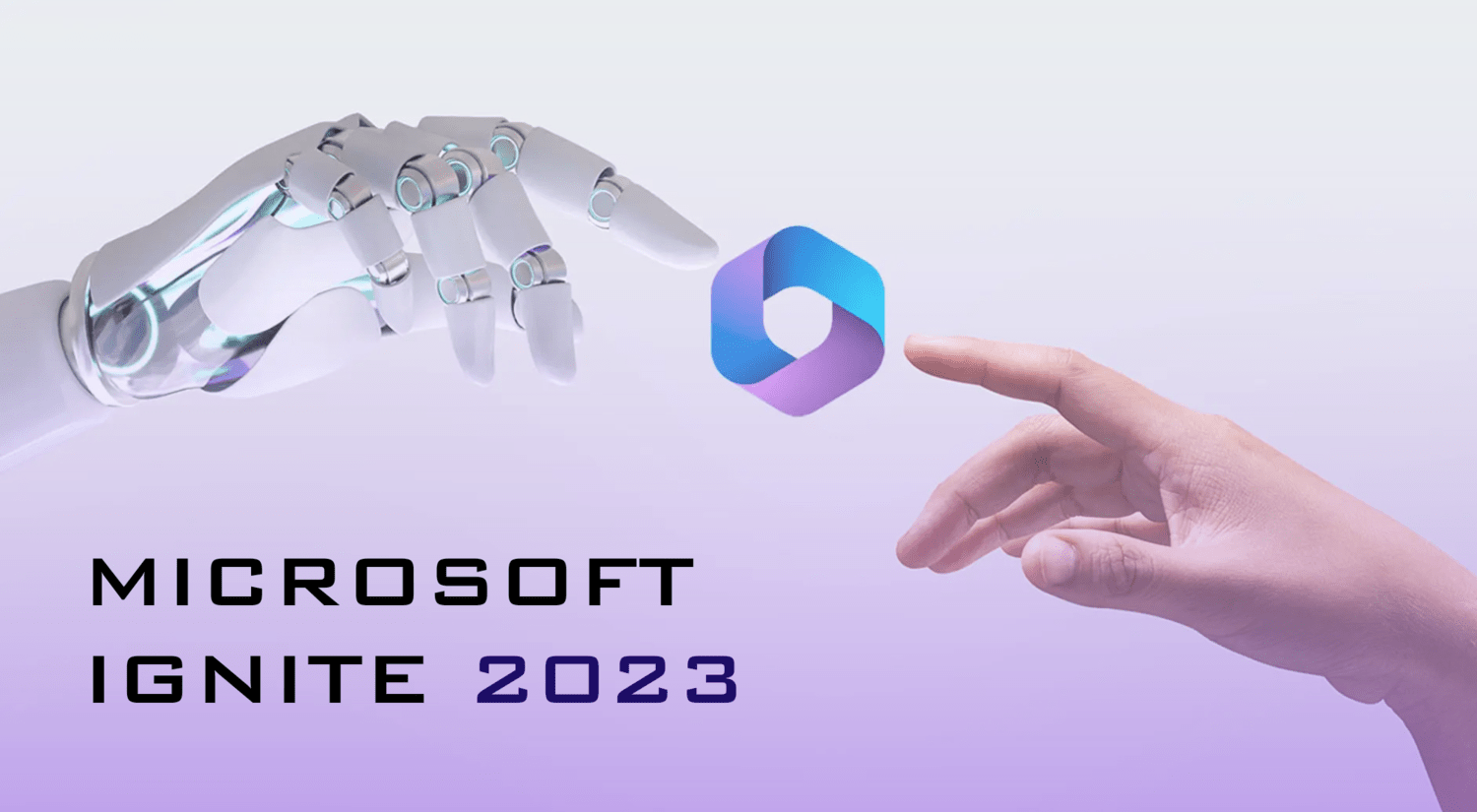
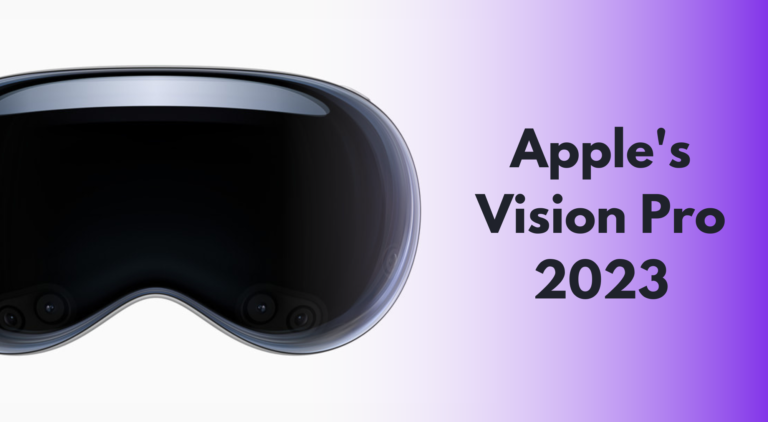
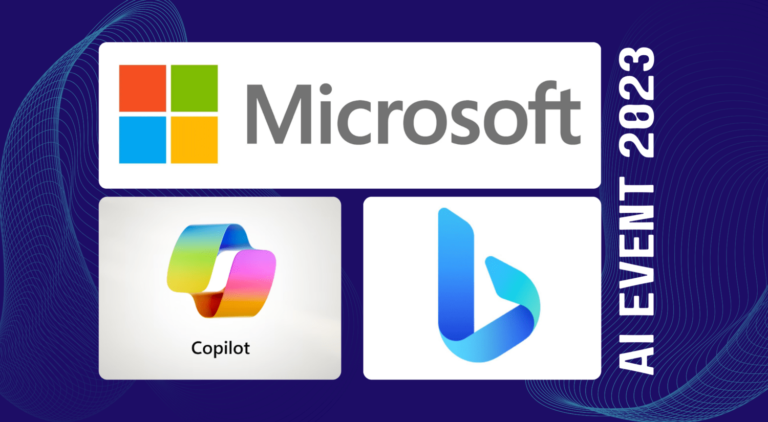
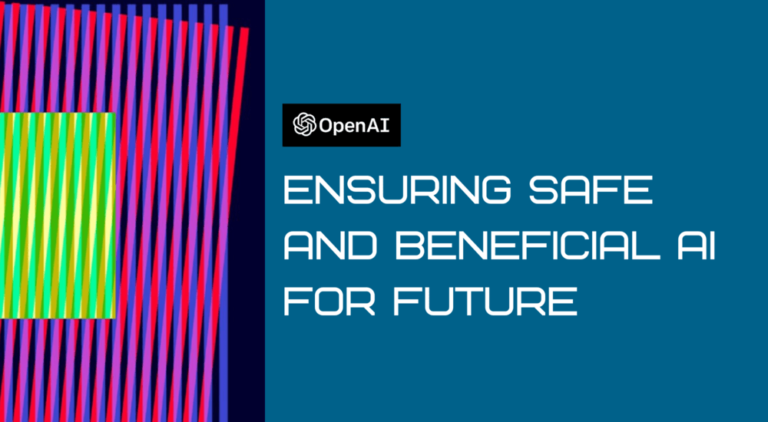
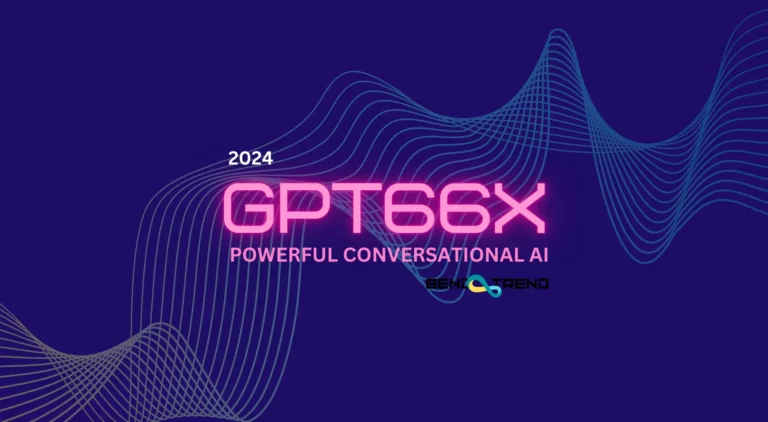

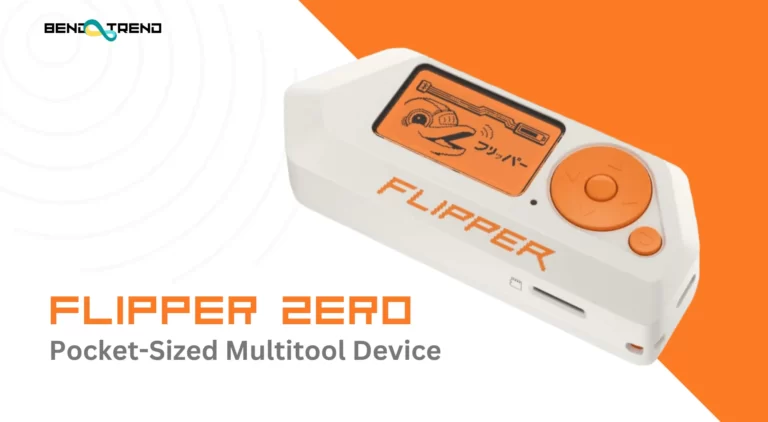
2 Comments
Comments are closed.